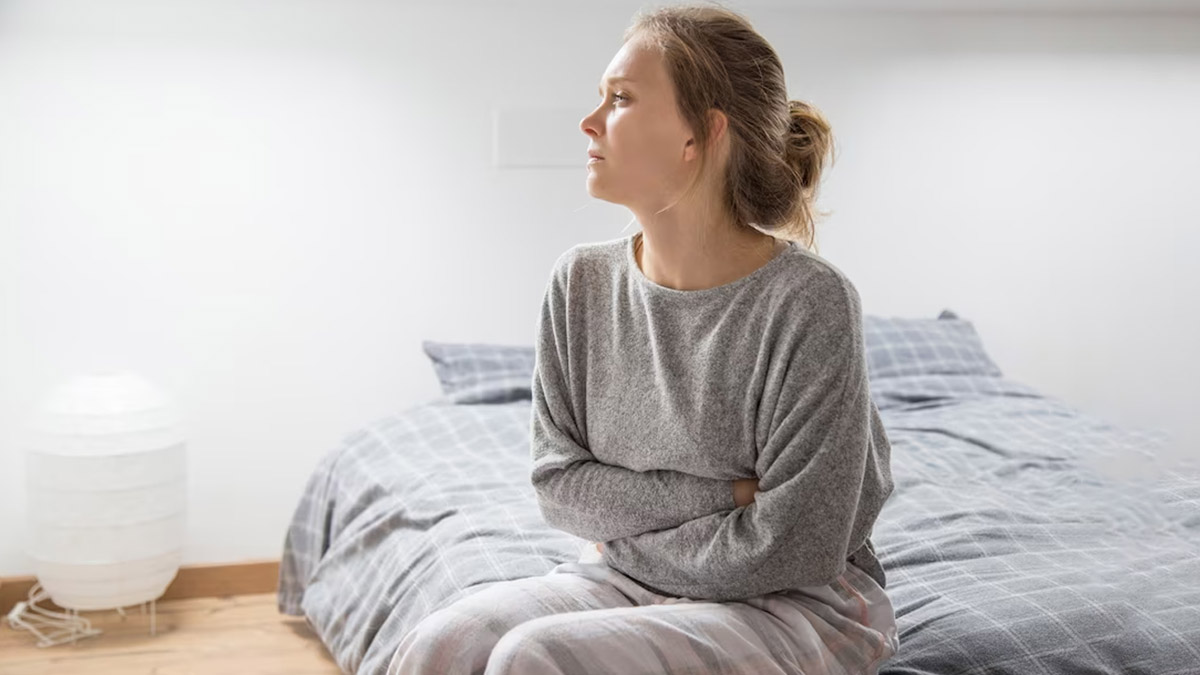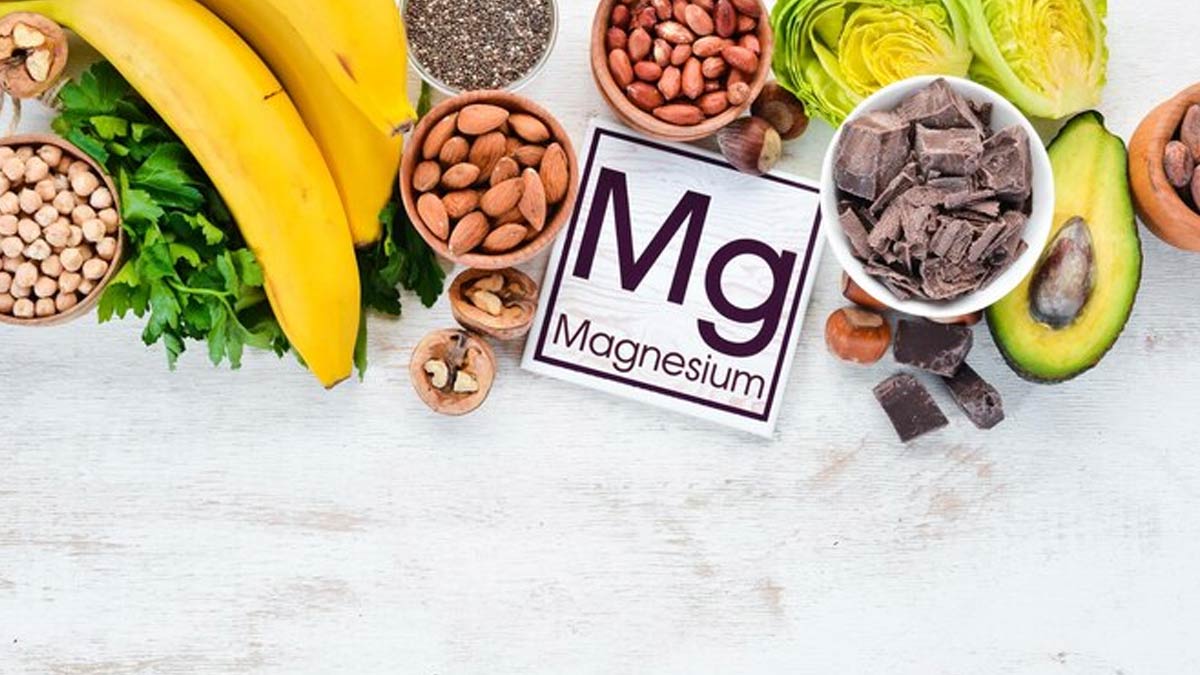
Intense menstrual cramps, also known as dysmenorrhoea, can significantly impact daily life and cause discomfort for many individuals. While over-the-counter pain medications can provide relief, incorporating healthy practices into your routine can also help alleviate menstrual cramps naturally. Here are some healthy practices that may provide instant relief from intense menstrual cramps:
Table of Content:-
1. Heat Therapy
“Dysmenorrhea, sometimes known as menstrual cramps, is a condition marked by painful menstruation. It affects a large proportion of women during their reproductive years and can have a considerable influence on their quality of life. Along with cramping, you may have nausea, tiredness, and diarrhoea,” said Dr Anjana Singh, Director, Obstetrics and Gynaecology, Fortis Hospital, Noida.
Also read: Pain Relief Strategies: How To Treat Leg Cramps That Occur At Night
Applying heat to the lower abdomen can help relax the muscles and reduce menstrual cramps. Use a heating pad, hot water bottle, or warm towel and apply it to the affected area for 15-20 minutes at a time.

2. Gentle Exercise
Light exercise, such as walking, yoga, or gentle stretching, can help increase blood flow and reduce muscle tension, easing menstrual cramps. Avoid high-intensity workouts, and listen to your body's cues.
3. Hydration
Staying hydrated is essential during menstruation. Drink plenty of water and herbal teas to help ease bloating and keep the body hydrated, which can alleviate cramping.
“Drink 11-12 glasses of water to reduce bloating caused by cramps. To alleviate symptoms, drink herbal teas such as chamomile, fennel, or ginger. Consume anti-inflammatory foods such as pineapple, turmeric, ginger, garlic, almonds, walnuts, and green leafy vegetables,” said Dr Singh.
4. Healthy Diet
Anti-inflammatory foods into your diet, such as fruits, vegetables, whole grains, and fatty fish rich in omega-3 fatty acids. Limiting caffeine, alcohol, and salty foods may also help reduce bloating and inflammation.
5. Magnesium
Magnesium is a mineral that may help relax muscles and alleviate menstrual cramps. Incorporate magnesium-rich foods into your diet, such as leafy greens, nuts, seeds, and whole grains. You can also consider taking a magnesium supplement after consulting with a doctor.

6. Herbal Remedies
Certain herbal remedies, such as ginger, cinnamon, and chamomile, may have anti-inflammatory and pain-relieving properties that can help ease menstrual cramps. Brew herbal teas or incorporate these herbs into your meals for added relief.
7. Deep Breathing and Relaxation Techniques
Practising deep breathing exercises and relaxation techniques, such as meditation or progressive muscle relaxation, can help reduce stress and tension, which may exacerbate menstrual cramps.
8. Aromatherapy
Aromatherapy using essential oils like lavender, clary sage, or peppermint may help alleviate menstrual cramps. Dilute essential oils with a carrier oil and massage them onto the abdomen or add them to a warm bath for relaxation.
Also read: 5 Effective Ways To Get Rid Of Muscle Cramps After A Workout
9. Acupressure
Applying gentle pressure to specific acupressure points, such as the lower abdomen and inner ankle, may help relieve menstrual cramps. You can use your fingers or seek guidance from a qualified acupressure practitioner.
10. Medical Consultation
If menstrual cramps are severe and interfere with daily activities despite trying these healthy practices, it's essential to consult with a healthcare provider. They can assess your symptoms, rule out any underlying conditions, and provide appropriate treatment options, such as prescription medications or hormonal therapies.
Healthy practices into your routine may help provide instant relief from intense menstrual cramps and promote overall well-being during menstruation. Experiment with different strategies to find what works best for you, and remember to listen to your body's needs. If you experience persistent or severe menstrual cramps, seek medical advice for proper evaluation and management.
Also watch this video
How we keep this article up to date:
We work with experts and keep a close eye on the latest in health and wellness. Whenever there is a new research or helpful information, we update our articles with accurate and useful advice.
Current Version